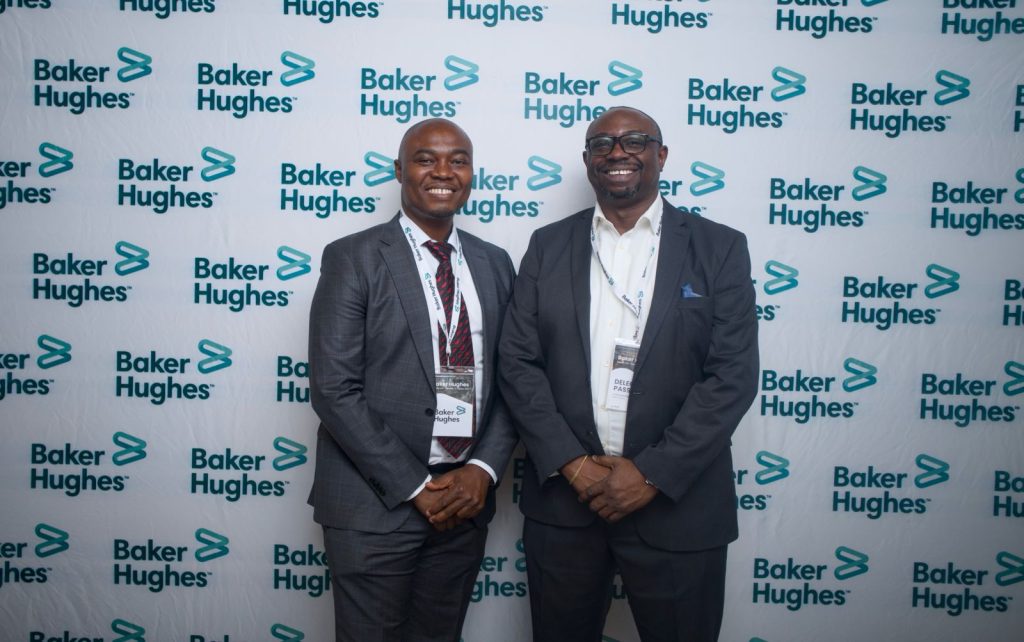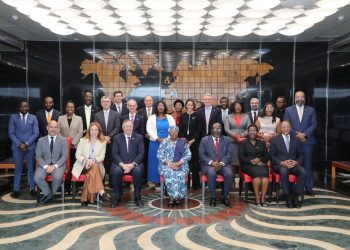
Baker Hughes is working with Namibian stakeholders to strengthen local participation in the oil and gas sector ahead of final investment decisions (FID) expected in 2026, the company’s Country Director, Victor Joseph, has said.
He explained that the company’s initiatives focus on equipping Namibians with the skills and knowledge needed to compete for employment and supply opportunities, while enabling local firms to meet international standards and participate meaningfully in upstream petroleum projects.
Speaking at a Suppliers Day hosted by Baker Hughes in Windhoek, Joseph said the event was aimed at engaging local suppliers, showcasing the company’s operations, and exploring opportunities for collaboration.
“Even those not currently in our system can gain insight into the processes and requirements to engage with Baker Hughes. Today’s event provides the opportunity to understand these processes and explore collaboration to build local capacity,” he said.
Joseph revealed that eight young Namibian engineers have already undergone international training in the United States, Dubai, India, Angola, and Nigeria.
“Since our arrival in Namibia, the company has engaged stakeholders including Namcor and the Ministry of Mines and Energy, providing training at our Dubai facility. Namibian vendors have participated in projects such as workshops and LMP installations,” he said.
He added that Baker Hughes aims to maximise local input and develop Namibian talent capable of competing globally.
“Our goal is to replicate models from Angola and Nigeria, where nearly all workforce positions are local, ensuring a responsive and skilled workforce while building local capacity for suppliers and engineers,” Joseph said.
PetroFund CEO Nillian Mulemi said Namibia is at a critical stage that requires both workforce and supplier capacitation as the country prepares for FID in 2026.
He said the Baker Hughes Suppliers Day supports the government’s local content policy by allowing suppliers to align expectations, exchange ideas and identify growth opportunities.
“Participation today allows alignment of expectations, exchange of ideas, opening of growth pathways, and creation of shared value. Skilled personnel are essential for service delivery, as service companies employ the majority of the upstream workforce, not operators,” Mulemi said.
The event also formalised an amended Memorandum of Understanding (MoU) between Baker Hughes and PetroFund, introducing a Field Service Engineer Training Programme for young professionals and graduates. Mulemi said the programme offers hands-on exposure and professional development aligned with Baker Hughes’ operations.
Louise Hangero, responsible for local content at the Upstream Petroleum Unit under the Presidency, said Namibia is still strengthening its institutions to ensure sustainable benefits from the upstream petroleum sector.
She noted that early local partnerships are already visible in the Orange Basin, where operators have contracted Namibian entities for logistics and catering services, and where Namibian workers are active offshore.
“PetroFund has trained over 400 Namibians in petroleum-related fields, predating the 2022 discoveries. The Fund has also signed an MoU with a local bank to onboard SMEs and ensure sufficient funding. These initiatives capacitate Namibian companies to meet industry standards and fully participate in the sector,” Hangero said.
NIPDB Senior Manager Hafeni Motsi highlighted barriers to local participation identified in the Upstream Oil and Gas Industrial Baseline Survey, including complex supply planning, strict industry requirements, limited access to capital, delayed payments, insufficient training, immigration challenges, and workforce migration to other sectors.
“The event is a great opportunity for all suppliers, banks, and policymakers to speak and address these issues together,” Motsi said.
He added that collaboration between Baker Hughes, PetroFund, and government agencies is key to preparing Namibian engineers, operators and suppliers for the sector, ensuring sustainable and locally inclusive growth in the upstream petroleum industry.
This comes as French oil major TotalEnergies has delayed its final investment decision (FID) on its major offshore oil discovery in Namibia to 2026, CEO Patrick Pouyanne announced earlier this year.







